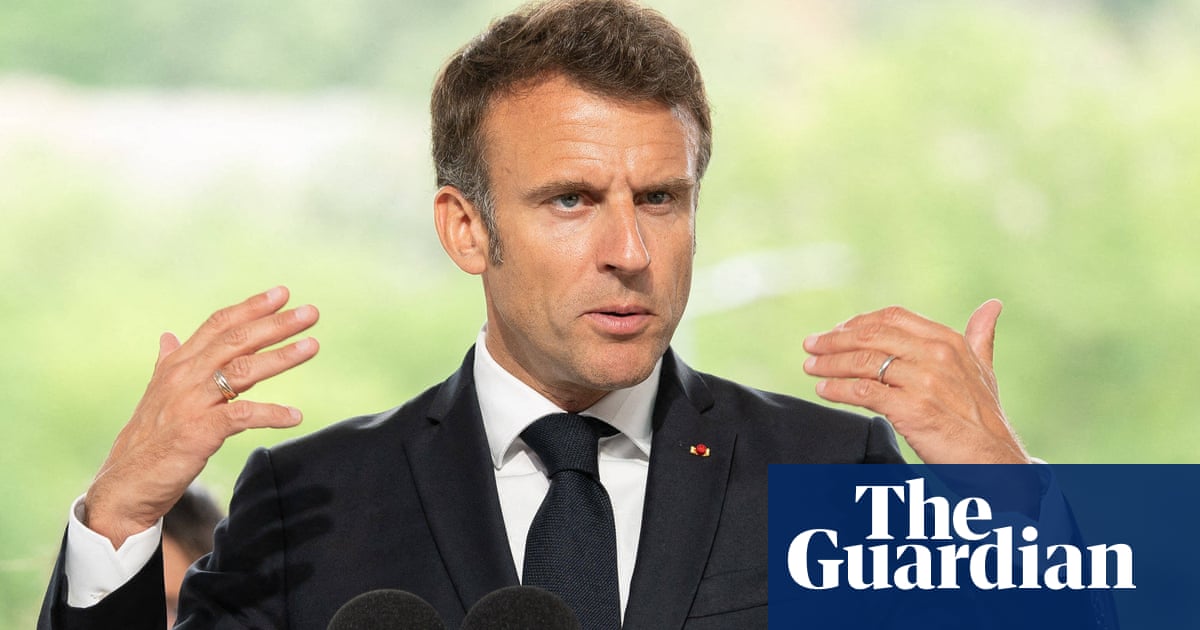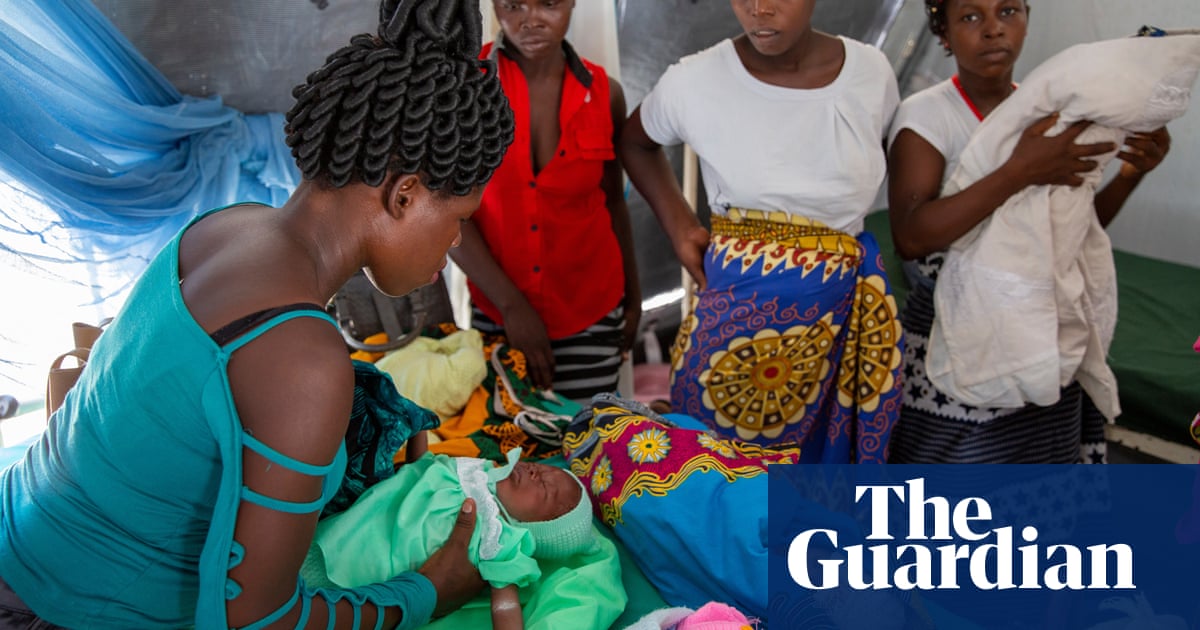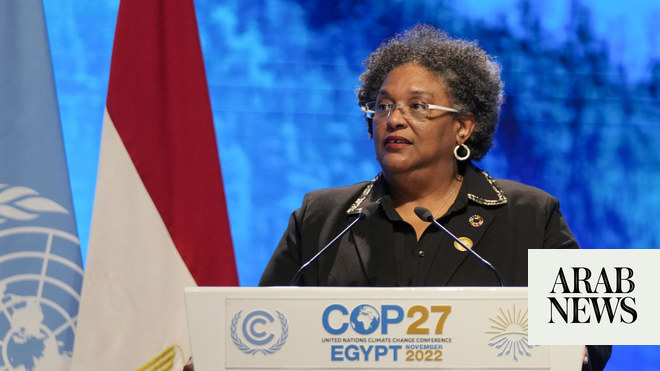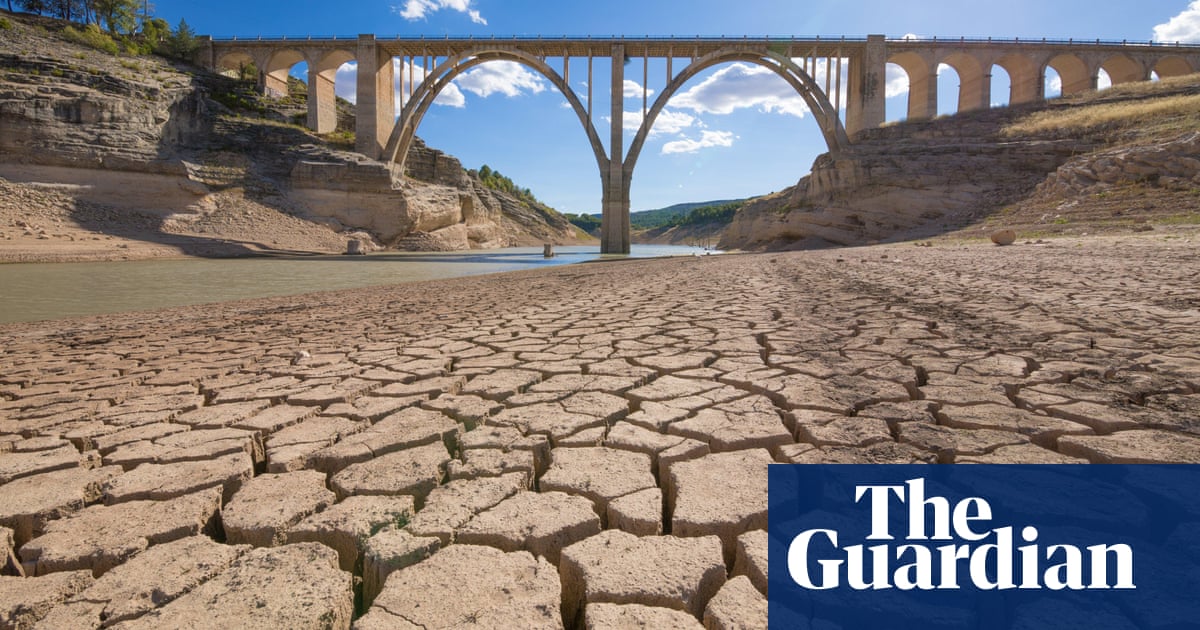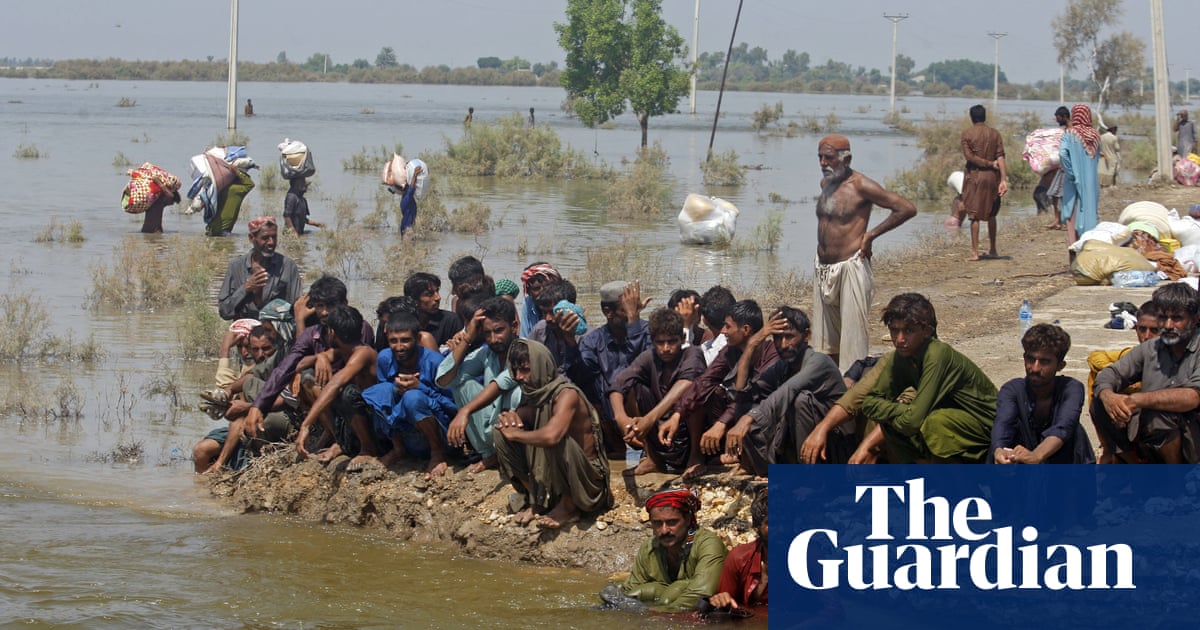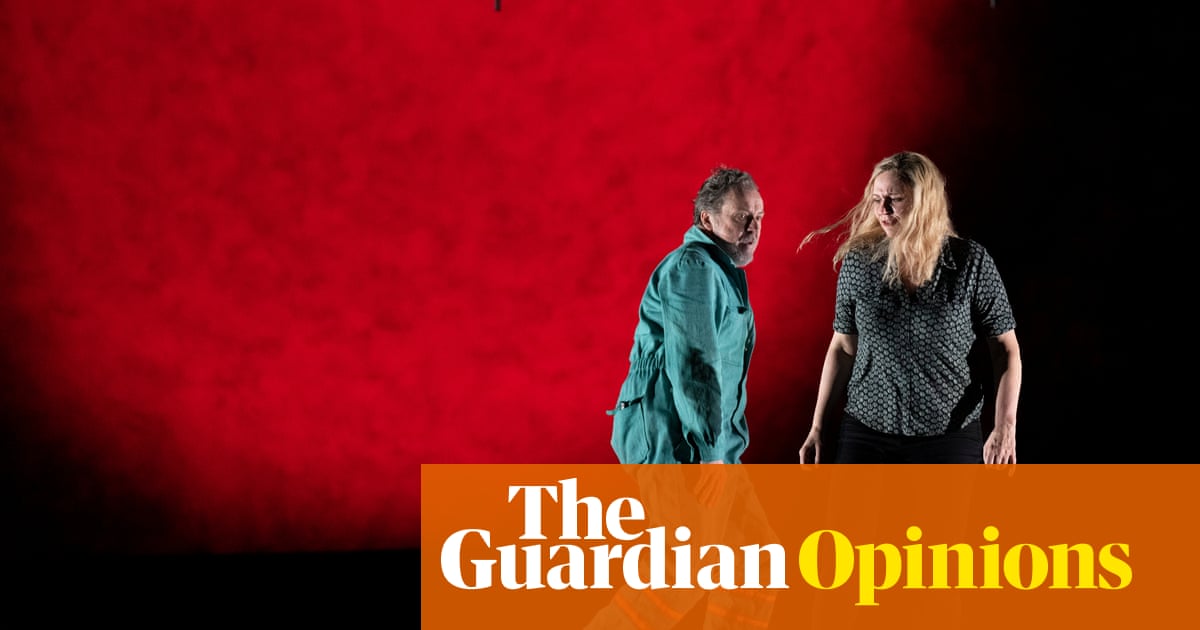
The UK has joined calls for sweeping reforms to the World Bank, to focus much-needed funding on the climate crisis, saying that its current structures are not working.
The intervention from Alok Sharma, the current president of the UN climate talks, heaps further pressure on beleaguered World Bank chief, David Malpass. He has faced calls to resign over an apparently climate-dismissing stance, and the Bank’s perceived failures to deliver climate finance.
Germany led calls earlier in the week for fundamental reform, and the US treasury secretary, Janet Yellen, spoke out on Thursday. These public calls for an overhaul mark a significant intervention from governments, which usually keep disagreements with the Bank behind closed doors.
Sharma, the UK cabinet minster and chair of the Cop26 UN climate summit, told an audience in Washington DC on Friday afternoon: “The world is recognising that we cannot tackle the defining challenge of this century [the climate emergency] with institutions defined by the last. We have to incentivise every aspect of the international system to recognise the systemic risk of climate change, and to make managing it effectively its central task.”
Sharma, who will hold the presidency of the climate talks until Egypt takes over at the Cop27 UN climate summit next month, added: “Climate must be at the very heart of what [the World Bank and other development banks] do, and they must do more to lead on this agenda. The world cannot afford for such institutions to be cautious in how their considerable climate resources are deployed. That is a matter of social justice as well as environmental security.”
The World Bank held its annual meetings this week, which were hit by protests from climate campaigners accusing the bank of failing to deliver climate finance to the poorest countries.
Developing countries have been increasingly frustrated by the lack of funding for them to adapt to the impacts of the climate crisis, the fact that a large proportion currently goes to middle-income countries who can already access private sector cash, and that most of the funding to the poorest comes in the form of loans that can drive them further into debt.
Mia Mottley, prime minister of Barbados, called at the UN general assembly last month for an “overhaul” of the World Bank and its sister institutions, to tackle the climate emergency. She met the US vice-president, Kamala Harris, to make her case, and has gathered a loose coalition of developing countries to her cause.
Shauna Aminath, minister of environment for the Maldives, told the Guardian her government had received no help from any of the development banks to adapt the impacts of the climate crisis, despite being a frontline country. “It’s very frustrating,” she said.
“The World Bank needs a fundamental shift in how this is addressed. Finance is not going to the countries that need it most,” she said.
While the UK, US and Germany stopped short of calling for the resignation of Malpass, the Guardian understands that discussions are ongoing among some of the World Bank’s biggest funder countries over his future. If enough governments want him gone, it will be hard for him to resist pressure.
Malpass was chosen by US president Donald Trump in April 2019, following the longstanding convention by which the appointment is in the gift of the White House. But his stance on the climate has long been under question, and last month he caused uproar by refusing to affirm climate science when confronted by a New York Times journalist on the fringes of the UN general assembly in New York.
Al Gore, a former US vice-president, called Malpass a “climate denier”, and the White House condemned Malpass’s remarks, for which he subsequently issued a clarification. With major countries openly backing fundamental reform at the Bank, Malpass’s future looks increasingly in doubt.
Criticism of the Bank by developing countries is likely to intensify at the Cop27 UN climate summit in Egypt next month, where climate finance will be a key theme.
A spokesperson for the World Bank said: “The World Bank Group has long recognised man-made climate change as one of the defining issues of our age, and we’ve been rapidly scaling up our financing to help countries adapt to, and mitigate the risks from, our changing climate. Climate change could push up to 132 million people into poverty by 2030.”
The spokesperson pointed to the group’s $31.7bn (£28.3bn) of climate finance in 2021, and a new initiative for grant payments to developing countries that reduce their greenhouse gas emissions.
“We support the rights of people to engage in peaceful protest, and we share the concerns of climate activists that all countries and organisations need to take more action to confront the climate crisis,” the spokesperson said.




